Animal Pests
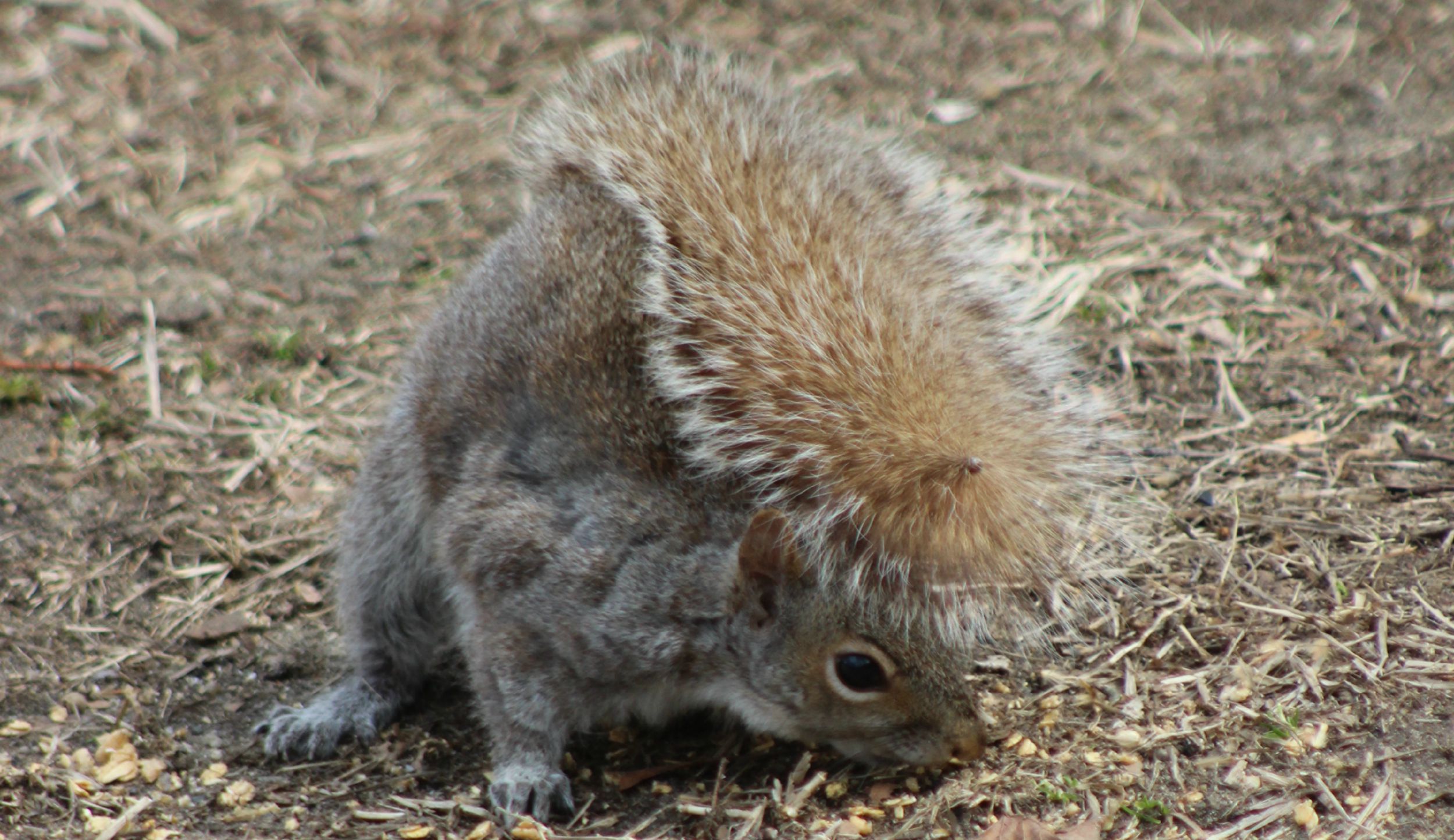
Unlike insect pests, animal pests tend to take big bites out of your garden or others may prevent you from having a garden. Learn how to deal with garden visitors who tend to overstay their welcome.
Animal Pests
Animal pests can cause a lot of damage in a garden. Deer, rabbits and gophers can decimate a vegetable garden overnight. Birds can take bites out of every piece of fruit on a tree. Domestic animals like dogs like to dig and chew on tree bark, while cats leave a stinky mess behind.
Dealing with “Wild” Animals
Damage from uninvited animal pests is so frustrating that many gardeners are desperate enough to try anything to get rid of the pest (think “Caddyshack and Bill Murray’s battle with gophers). Don’t be fooled by the numerous fads and gadgets that promise to get rid of pests, because most of them just don’t work.
The best way to protect your garden from wild animal pests is by exclusion, trapping or scaring them off. Timing is important in understanding damage from some animal pests. In some years, a low food supply in your area means hungry rabbits and deer will eat just about anything, and hungry squirrels will nibble on tree bark.
Helpful Websites for Dealing with Wildlife in the Garden
Most of the links below are from various cooperative extension websites across the U.S. The articles may mention a specific state or region, but the information is still pertinent for any gardener dealing with these pests.
Birds
Deer
Gophers
Ground Squirrels
Moles
Nematodes
Rabbits
Raccoons
Skunks
Tree Squirrels
Voles
Dealing with Domestic Animals-Cats
Neighborhood cats that dig in your garden and leave behind feces can greatly reduce the pleasure of gardening. If you don’t have any pets of your own, purchase a sensor-triggered sprinkler to scare off and discourage intruding cats. To exclude cats, reduce the area in your landscape where they can dig. Add “rough” types of mulch like large pieces of bark, rocks or pinecones. Some animal repellant products may work but need to be applied frequently.
Dealing with Domestic Animals-Dogs
If you have a puppy, it’s best to keep it caged in a dog-run until you’ve trained it. Even then you may need to fence off areas you want to protect, and have a “dog area” for your furry friend to play and dig. Some dog breeds need a lot of attention, and if not exercised enough will continue to dig in the dirt and chew on plants no matter what their age.
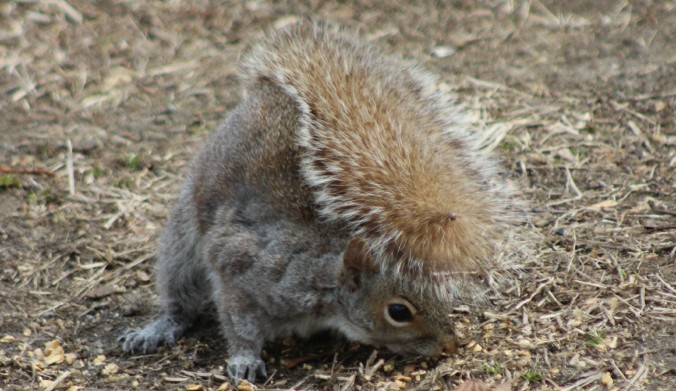
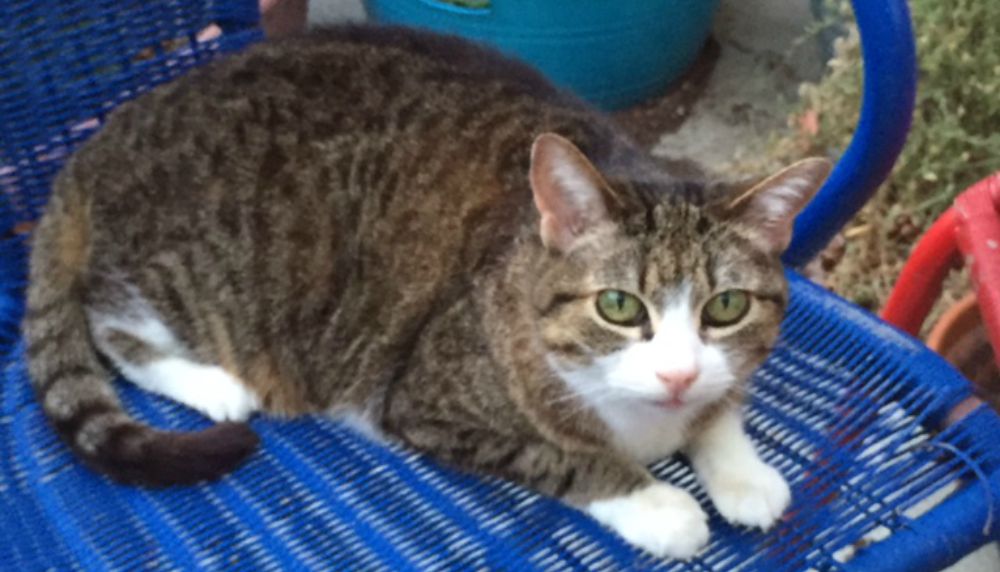
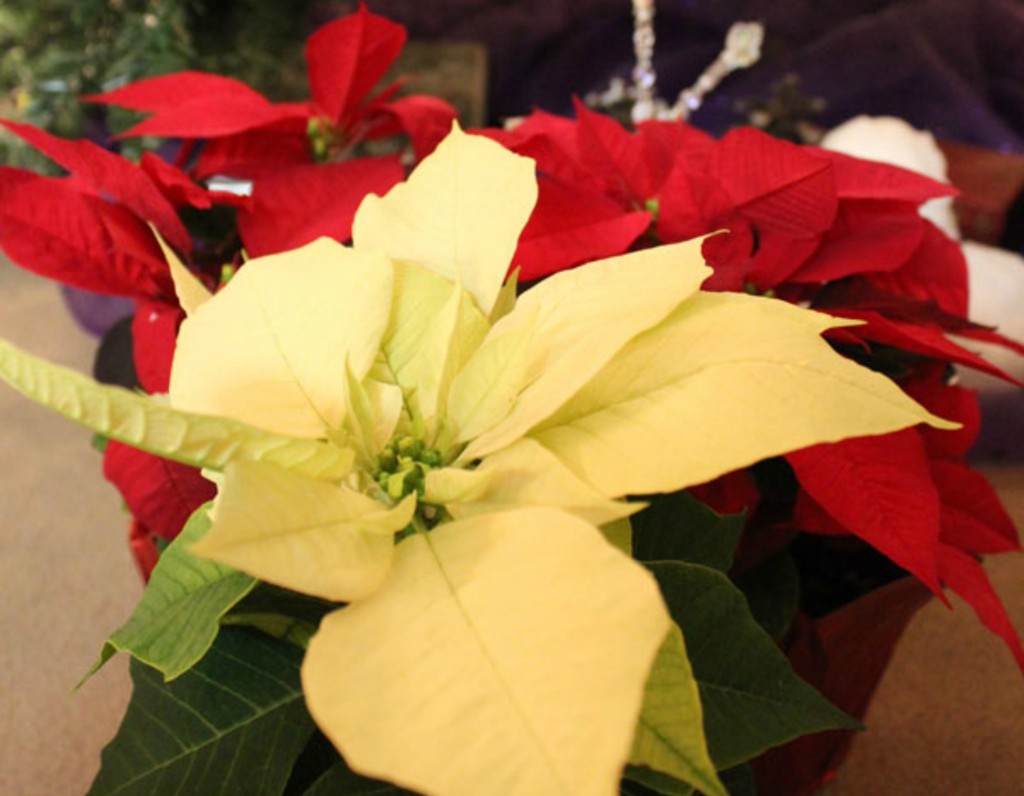

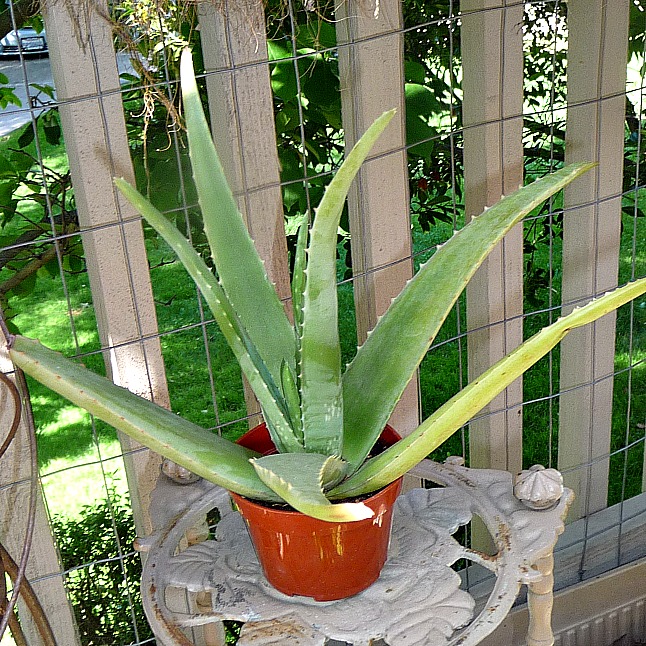
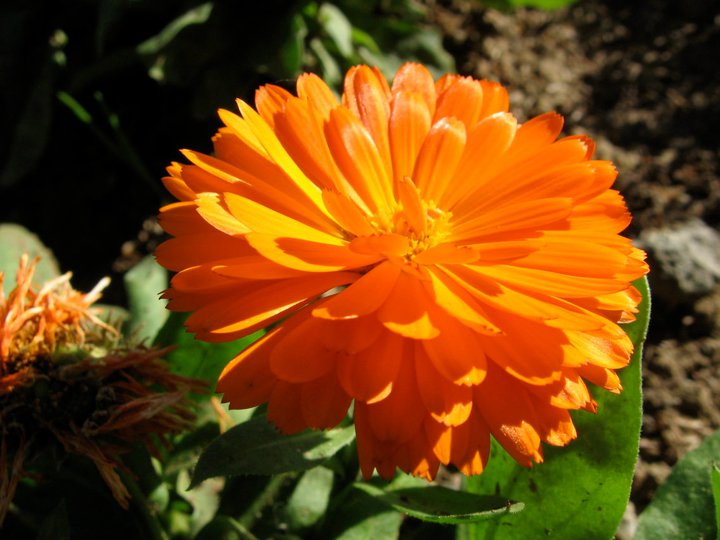
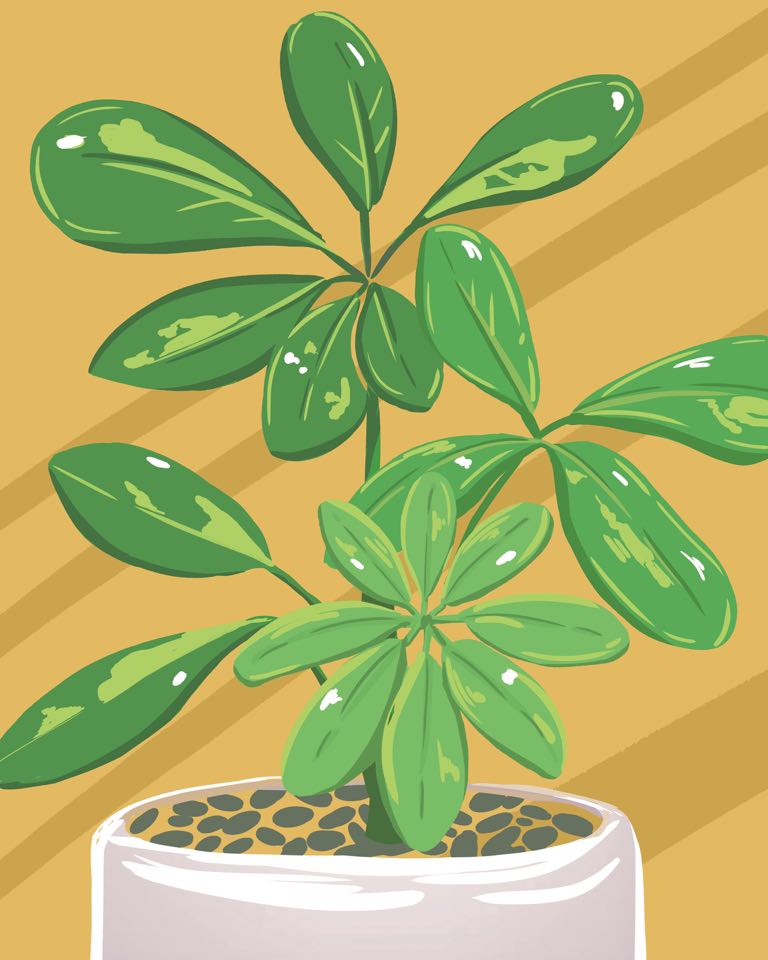
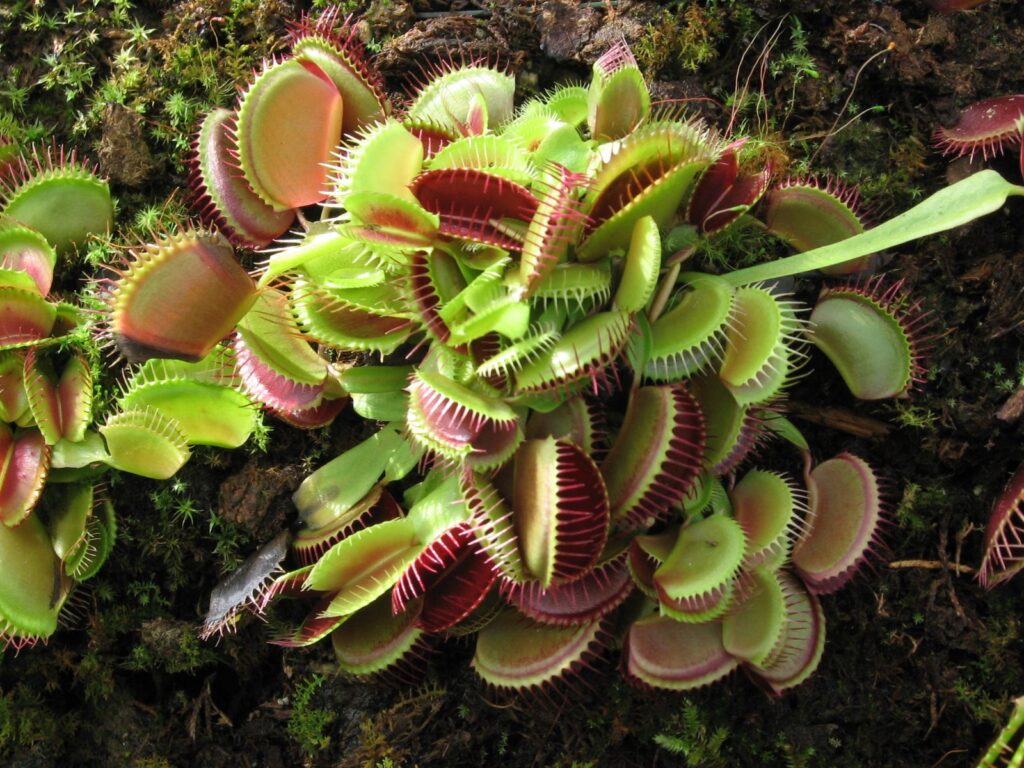
Leave a Reply